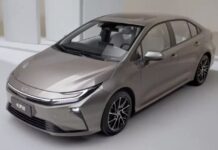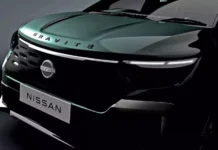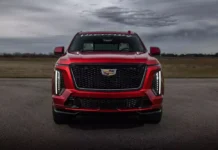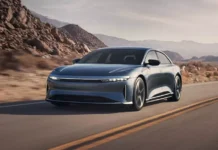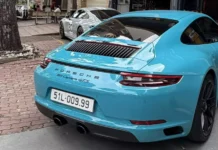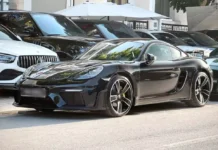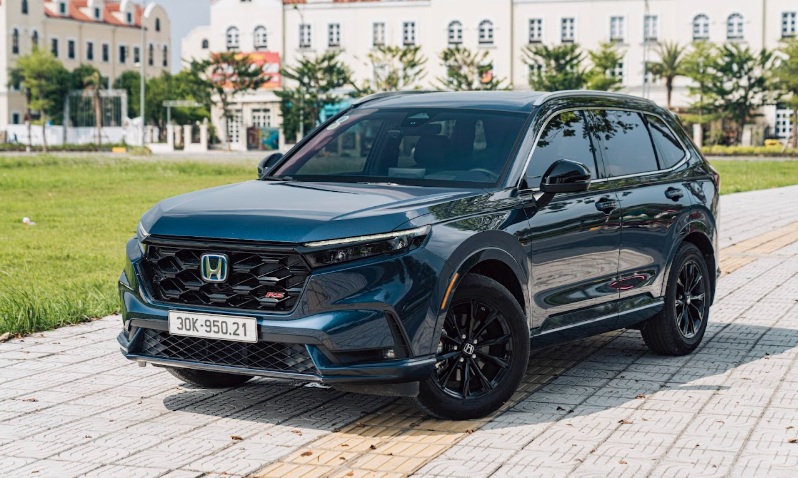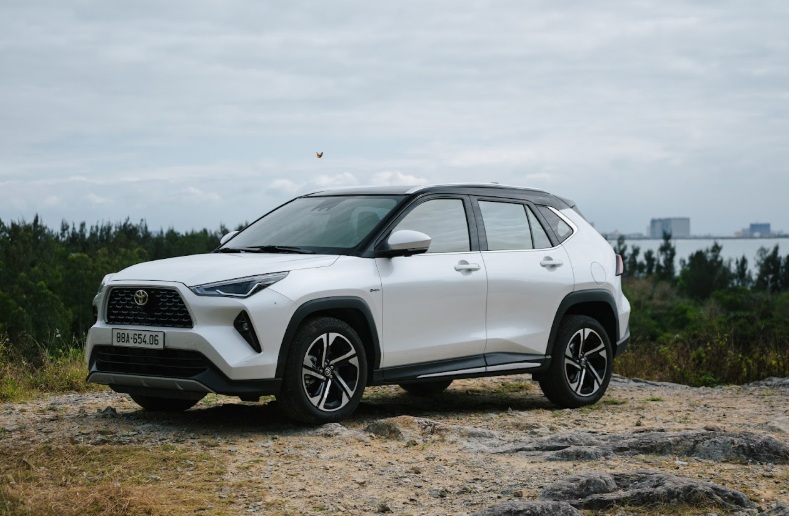As the automotive market in Vietnam undergoes a significant transition in technology and policies, consumers are faced with various options: traditional gasoline cars, hybrid electric vehicles, or fully electric vehicles.
Each type of vehicle has its own advantages and disadvantages in terms of selling price, operating costs, convenience, and supportive policies. So, what is the most suitable choice for Vietnamese consumers in 2025?
Pros and cons of each type of vehicle
Traditional gasoline cars still dominate the Vietnamese market due to their familiarity, widespread maintenance services, and reasonable initial investment. However, rising fuel costs and high special consumption taxes are making this type of car less competitive. Moreover, large cities are starting to tighten emission controls, which implies future risks.
Hybrid vehicles (HEV) that use both gasoline engines and electric motors are emerging as a neutral option between traditional and electric trends. Hybrid cars have the advantage of lower fuel consumption than gasoline cars in the same segment, do not require charging infrastructure, and are especially suitable for crowded urban areas.
Electric vehicles (BEV) offer a smooth driving experience and very low fuel costs. They also receive strong support from the government through exemptions from registration fees, reduced special consumption taxes, and free inspections for the first three years, along with other incentives from car manufacturers. However, the weakness of electric cars lies in their dependence on charging stations, which are not evenly distributed across provinces and cities outside Hanoi and Ho Chi Minh City. Additionally, the actual travel range per charge remains a significant concern, especially for those who need to travel inter-provincially.
Trends in 2025: Hybrid Accelerates, Gasoline Adjusts Prices
A notable point in the first half of 2025 is the boom of hybrid vehicles. Japanese car brands such as Toyota, Honda, Nissan, and recently, Mazda, have introduced a range of hybrid models, from sedans to SUVs, to the Vietnamese market. The advantages of lower registration costs, no need for charging stations, and high durability have made this type of vehicle quickly embraced by urban dwellers.
Meanwhile, traditional gasoline cars are witnessing unprecedented price cuts to compete for sales, especially with 5+2-seater SUV, crossover segment B and C models. Some models are even supported with discounts of up to 150-200 million VND, bringing the actual selling price down to the level of lower-class cars. This is an opportunity for those who need a car for family needs and flexible mobility but are not yet ready to switch to electric vehicles.
On the other hand, electric vehicles continue to grow steadily, but their growth rate is starting to slow down in saturated urban areas due to charging queue issues and a lack of stations in apartment buildings. Small-sized models such as VinFast VF 3, VF 5, or VF 6 remain popular because of their affordable prices and excellent short-distance mobility within the city.
Who should choose which type of vehicle in 2025?
People working in the inner city should prioritize hybrid vehicles if they travel frequently, want to save fuel, and do not have access to charging infrastructure. Models such as the Honda CR-V e:HEV, Toyota Corolla Cross hybrid, or Mazda CX-5 hybrid are reasonable choices. If your daily travel radius is within 30-50 km and you have access to charging facilities at home or work, mini electric cars like the VF 3 or Wuling Mini EV are also worth considering.
People with a habit of traveling long distances or inter-provincially: Gasoline or hybrid vehicles remain a stable option, especially if you require flexibility and independence from charging infrastructure. Mid-range electric vehicles can be an alternative if your familiar route has readily available fast-charging stations.
For young first-time car buyers looking for affordable options, either mini electric cars or deeply discounted gasoline cars could be a good choice. This is an opportunity to own a vehicle at a low cost while still meeting basic needs.
There is no perfect choice, only the right one
In 2025, the choice between gasoline, hybrid, or electric vehicles is no longer solely about technology but a balance between ownership costs, convenience, and actual usage behavior. While electric cars may be the future, hybrids are the current “stars” due to their practicality. Gasoline cars still have a place if priced reasonably.
More importantly, consumers should assess their personal usage needs, geographical location, and access to infrastructure to make the right decision instead of following trends. A “smart” car is one that suits you best.
TH (Tuoitrethudo)

